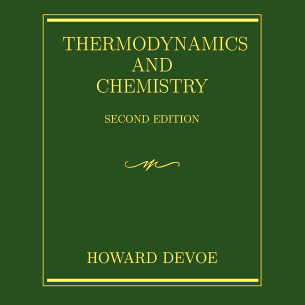Internal Energy and Enthalpy
Internal energy is the energy within the system without the potential energy due to outside forces and the kinetic energy due to motion of the system as a whole (Wikipedia). Internal energy is affected by the exchange of heat, work, and matter between the system and the surroundings. If a system is isolated, that is no energy or matter can be exchanged between the system and the surroundings, the internal energy is constant.
Internal energy is a state function. Therefore, when calculating internal energy, some path from a reference state to with a known internal energy to the final state is used.
Enthalpy is the sum of a systems internal energy plus the pressure times the volume (expansion work) of the system (Wikipedia). In a constant pressure system, enthalpy is equal to the energy exchanged with the surroundings by heat or non pressure-volume work.
Like internal energy, enthalpy is a state function that can not be calculated without a known reference point.
An important note is that for a given substance, the vapor phase will have very different enthalpy and internal energies. However, for the solid or liquid phase of that substance, the enthalpy and internal energies will be more similar.
Cooking with Thermo!
Want more videos like this? Click here to see more on internal energy and enthalpy.

 Online Courses
Online Courses